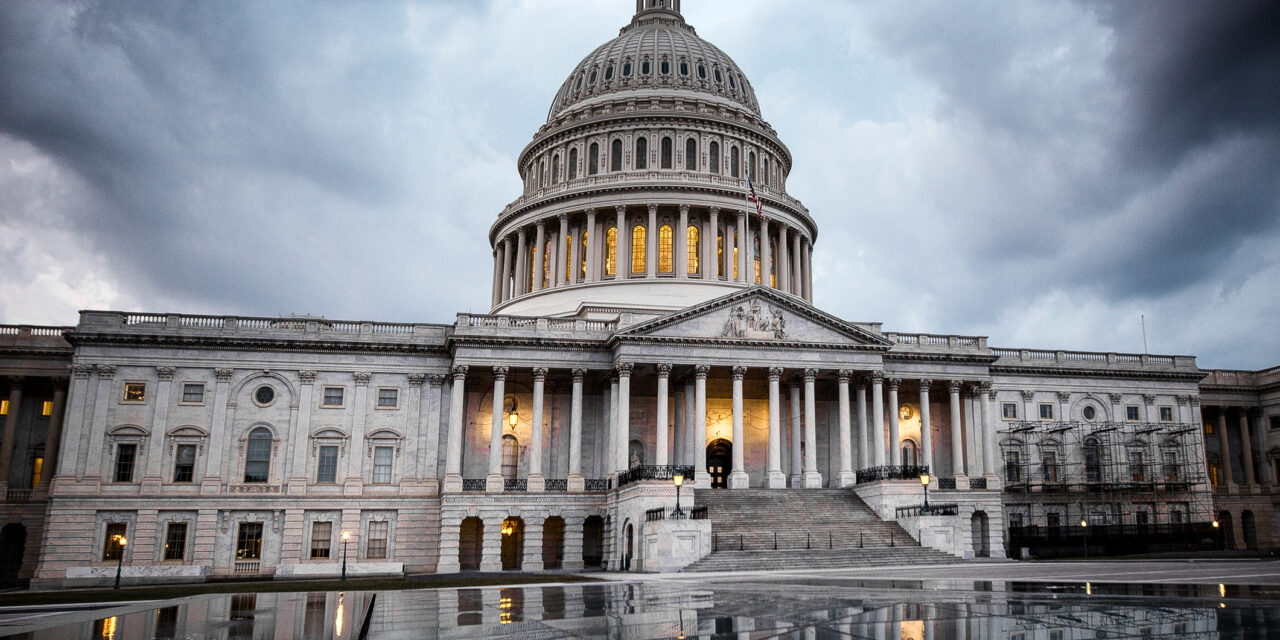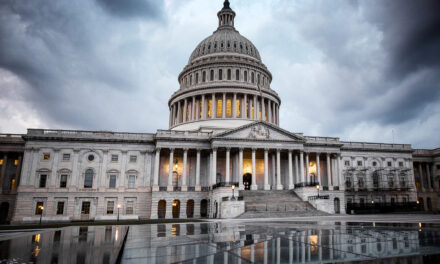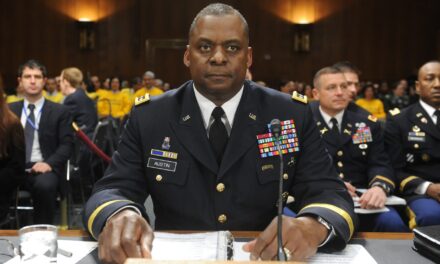Weekly Voting Rights News Update
By Erin Ferns
Confirmation hearings for President Bush’s nominee for attorney general, Michael Mukasey, brought promises by the nominee to “block political meddling at the Justice Department,” and the expectation by senators that the Justice Department will regain public confidence, which was shaken by he U.S. attorney scandal. Questions from senators on both sides of the aisle stressed the need for the Justice Department to be independent of partisan political interests of the President. Of particular interest to voting rights advocates is finding Mukasey’s approach to the enforcement of voting rights laws in the wake of revelations about the DOJ’s use of US Attorneys and the Voting Section to pursue partisan voter suppression tactics.
A New York Times editorial on Wednesday posed this question: “If Mr. Mukasey is confirmed, it is likely that he would be responsible for enforcing federal law during the 2008 election. What will he do to ensure that the right of minorities to vote is protected and that the department is not used, as it has been recently, to pursue false charges of voter fraud?”
Mukasey, a former New York judge, “spoke, in a way that Republicans rarely do these days, about the importance of civil rights and of the Justice Department’s civil rights division,” according to a New York Times editorial on Thursday. While he spoke of “the importance of voting rights,” he “seemed unduly focused on the nonexistent problem of voter fraud and not focused enough on the real problem of eligible voters being prevented from casting ballots.”
In an attempt to “distance” himself from “the political scandals that engulfed the department” under Alberto Gonzales, he said the hiring process of attorneys general would not be based on political loyalties, but rather “‘on the basis of competence and ability and dedication and not based on whether somebody’s got an ‘R’ or a ‘D’ next to their names,'” wrote Philip Shenon of the New York Times.
“There seemed to be little question that lawmakers consider Mukasey qualified to head the Justice Department,” reported Pam Fessler of National Public Radio. “But several noted that the agency is suffering from low morale, and one of his major tasks in the last 14 months of the Bush administration would be to restore the department’s credibility.”
For starters, credibility in the Justice Department may be earned by restoring the integrity of the Voting Section of the Civil Rights Division. Rather than using the machinery of government to advance one party’s interests over another, the Justice Department should promote policies and procedures that expand access to voter rolls.
List maintenance and voter registration at public assistance agencies are two major issues that currently receive uneven attention by the Justice Department:
This year, Project Vote and other organizations have repeatedly raised concerns that the Department has been pursuing a partisan agenda to trim the voter rolls while ignoring the National Voter Registration Act’s requirement that states offer voter registration to clients of public assistance agencies. A recent report by the US Election Assistant Commission shows that the number of registrations from assistance agencies have plummeted in the last two years and are now just a fraction of what they were a decade ago when the Act was first implemented.
Read more in this Project Vote blog.
Voter identification requirements – a solution to the virtually nonexistent problem of polling place fraud – currently hinders voter participation, especially among elderly, young, minority and low income voters. A 2006 Eagleton Institute of Politics study (commissioned by the U.S. Election Assistance Commission) found that states with photo ID requirements had a 2.9% decrease in turnout compared to states that required voters to give their names. This report came under fire when voter ID advocates attacked the methodology, causing the EAC to decline endorsement of the report. Instead, the Commission promised to assemble a working group to help guide future, long-term study of voter identification requirements. Similarly, the EAC raised methodological concerns over a report on voter fraud and had also promised further research in the future.(It should be noted that in both cases, some of the criticism was orchestrated by Hans von Spakovsy, an outspoken champion of voter ID requirements, former DOJ official and current nominee to the Federal Elections Commission. His nomination is currently being blocked by a senatorial hold placed by Sen. Barack Obama).
Laws that permit voter caging – an issue that emerged during hearings into the U.S. Attorney scandal by former White House liaison to the Justice Department, Monica Goodling – also institutionalize voter suppression. Challenger laws allow disqualification of voters based on non-forwardable mailers to registered voters, voter challenges, and cries of “voter fraud” immediately before elections. Between 2004 and 2006, at least 77,000 voters had their eligibility challenged. States like Florida, Pennsylvania, and Ohio made it easier for private individuals to challenge a voter’s eligibility while Washington and Minnesota passed laws making it more difficult, the latter outlawing caging lists compiled from returned mail sent by a political party. Read more on vote caging in this Project Vote report.
It is imperative that the next leader of the Department of Justice works independently of the White House and moves toward enacting policies that promote democratic participation in our election system, not suppress it.
Quick Links:
NVRA:
“Ten Years Later: A Promise Unfulfilled. The National Voter Registration Act in Public Assistance Agencies, 1995-2005.” July, 2005.“Maximizing Voter Registration Opportunities at Public Assistance Agencies.” November 2005
“Maintaining Current and Accurate Voter Lists.” December 2006.
Voter ID:
“Restrictive Voter Identification Requirements.” December 2006.
“Politics of Voter Fraud.” Loraine Minnite, Ph.D. March 5, 2007.
Vote Caging:
“Caging Democracy: A 50-Year History of Partisan Challenges to Minority Voters.” Teresa James. September 2007.
“The Role of Challengers in Elections.” December 2006.
In Other News:
Harriet Miller, the candidate who lost a Texas state election after being publicly accused of voter fraud activity, is back in the news this week. On Monday, Miller filed suit against her 2006 election opponent, Tony Goolsby; the Dallas County Republican Party and its chairman, Ken George; and PR firm Allyn and Company for defamation of character, according to WFAA.com. Read more in this Project Vote blog.
The issue of voter ID has been a wedge issue for candidates for years, but is coming to a head, particularly in Mississippi’s race for secretary of state. Read more in this Jackson Free Press story.
Erin Ferns is a Research and Policy Analyst with Project Vote’s Strategic Writing and Research Department (SWORD).






